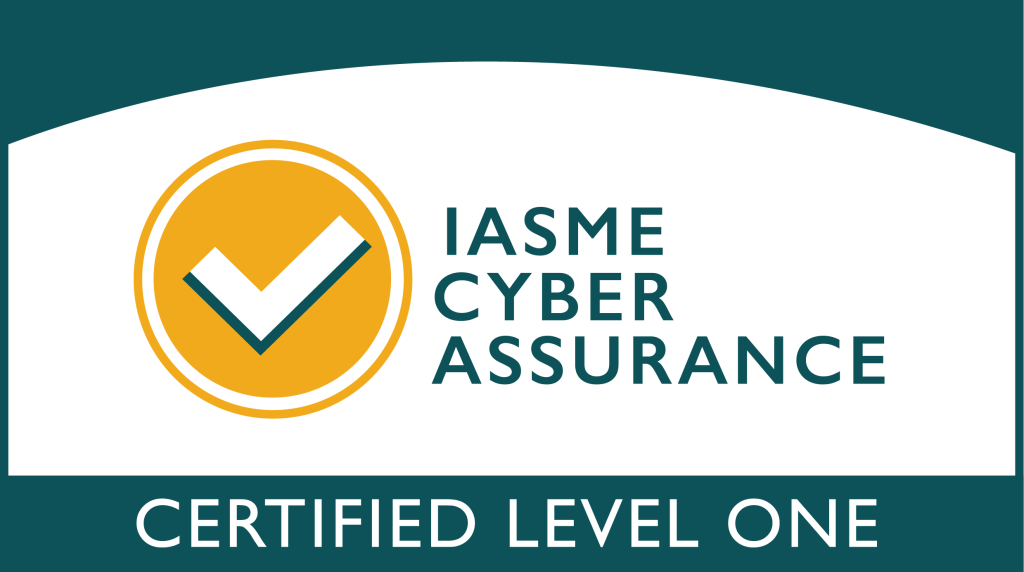About the conference
Wednesday 24 September 2020
The sport, physical activity and active wellbeing sector has an integral role in improving the health and wellbeing of the nation, delivering social value and unlocking economic growth.
Connecting the Dots will explore the role that our workforce has in tackling some of the biggest challenges that our country faces, and how through innovation and collaboration, the crucial work that they do can have impact at scale.
Connecting the Dots will bring together work happening across the sector and shine a light on how, through a shared mission, we can release the power of our sector’s professionals.
Keynote speakers will include policymakers and leaders of innovative practice across the sector, along with inspirational sport and physical activity professionals.
Whether you’re a practitioner, manager or leader, an employer or education provider, it’s an event that you won’t want to miss.
Limited tickets remain. Book now to avoid disappointment by securing your place at Connecting the Dots.
If you have any questions or concerns regarding the conference, please contact conference@cimspa.co.uk.
Agenda
We are currently in the process of confirming the event programme and event speakers will be announced very soon.
8:30
Arrival, networking and exhibition
9:30
Welcome and introduction
10:00
Keynote 1 (Speaker to be confirmed)
10:30
Keynote 2 (Speaker to be confirmed)
11:00
Break
11:45
Workshop Session 1
12:15
Panel Session (Guests to be confirmed)
13:00
Lunch and networking
14:00
Workshop Session 2
14:30
Workshop Session 3
15:00
Break and networking
15:30
Keynote 3 (Speaker to be confirmed)
16:15
Close
All timings and sessions are subject to change.
Tailor your experience
Alongside our inspirational keynote line-up, delegates at Connecting the Dots have the opportunity to create their own tailored conference programme by choosing from workshop sessions throughout the day.
The workshops will be delivered across four focus themes.
Health and Active Wellbeing
Exploring the vital role that our workforce plays in the prevention and management of health conditions, this theme will focus on how demand on health services can be addressed through innovative practice that is honed to meet local health priorities. It will also look at relationships between our sector and allied healthcare professionals and the role that professional recognition plays in achieving greater collaboration.
Education and Career Development
With a focus on the links between professional status and greater recognition, this theme shares the latest innovations in learning and skills development and dissects how professionals across the sector can be supported to advance their career. It will consider the place-based approach to skills policy and flexible learning along with the opportunities that these present for both professionals and employers.
Workforce Planning and Management
This theme will interrogate insight and data plus what’s on and over the horizon, to support employers and the sector as we consider the future shape of the sport and physical activity workforce. It will explore how recruitment, retention and staff development practices can be evolved and the potential implications of technology.
Inclusive Participation
As physical inactivity in a number of communities continues to be stubbornly high, this theme will focus on the role that professionals with lived experience have in addressing disparities in participation, particularly in those populations that are facing multiple challenges. It will share strong examples of how authentic professionals are breaking down barriers, leading to more people getting active, improving health and wellbeing and social cohesion.
Delegates will have the opportunity to attend three workshops from a choice of twelve across the day, and can choose to attend all of the workshops from a single theme, or a selection from different themes.
Workshops will combine input from expert speakers, examples of good practice and practical ideas to take away.
Networking
Alongside a fantastic keynote and workshop programme, delegates will have lots of opportunities to connect throughout the day in our Exhibition and Catering Lounge.
Complete with dedicated networking zones and an interactive showcase, time in the Lounge will give you fantastic opportunities to catch up with familiar faces, make new connections, discover the latest product innovation and enhance your conference experience.
Exhibitors and sponsors
Useful information
Discover our exhibitors and sponsors
Discover sponsors and key suppliers showcasing their innovations at this year’s conference. Our sponsor and exhibitor list features top industry leaders and is your gateway to cutting edge products, services and solutions.
Don’t miss the opportunity to connect with experts to drive your success.
Exhibition and sponsorship opportunities
Showcase your brand, products and services to sport and physical activity professionals and organisations at the premier event exploring the future of the sector workforce and skills.
As a sponsor or exhibitor, you’ll align your brand with leading organisations and professionals in the sector, gain unparalleled exposure, and connect with decision-makers ready to engage.
Exhibiting at CIMSPA Conference 2025 positions your brand alongside the best in the sector.




